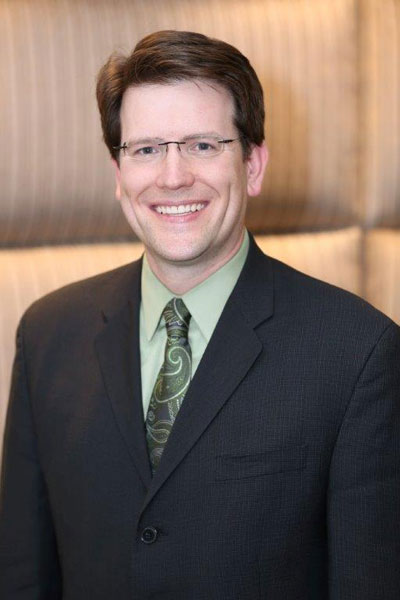
University of Kansas Assistant Professor, Department of Urology
Dr. Joshua Broghammer grew up in Cedar Rapids, Iowa. He attended the University of Iowa in Iowa City, IA and graduate with honors in biology. He then stayed at the University of Iowa for medical school. After medical school, he completed 1 year of general surgery training and 4 years of urology residency at Wayne State University in Detroit, MI. After completing his residency, Dr. Broghammer spent an additional fellowship year training with Dr. Hunter Wessells at University of Washington, Seattle and Harborview Medical Center. His specialty training with Dr. Wessells was in urologic trauma and reconstruction.
Dr. Broghammer’s clinical interests include the treatment of injuries related to trauma including urethral stricture disease, renal injuries, ureteral strictures, genital injuries, and bladder injuries. He performs prosthetic surgery for prostate cancer related complications including penile prosthesis for erectile dysfunction, artificial urinary sphincter (AUS), and male sling for incontinence. Dr. Broghammer also interested in the treatment of Peyronie’s disease and buried penis.
Dr. Broghammer has been very active in clinical research and academic urology having published several peer reviewed articles on urologic trauma and is currently actively involved in research. Dr. Broghammer is currently an assistant professor at the Kansas University Medical Center. He is board certified in urology and a member of the American Urologic Association (AUA). He is a member of the Society of Genitourinary Reconstructive Surgeons. Dr. Broghammer is a Fellow of the American College of Surgeons (ACS) and remains active in leadership positions and helping develop policy as a member of the ACS legislative committee and political action committee.
As a founding member of the Trauma and Urologic Reconstructive Network (TURNS), Dr. Broghammer is participating in cutting edge, collaborative research with multiple hospitals across the country to help improve patient care through outcomes based research.